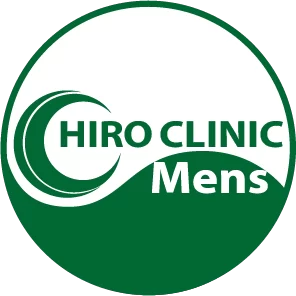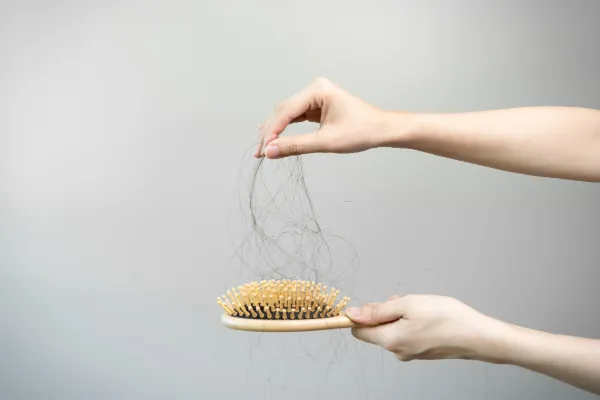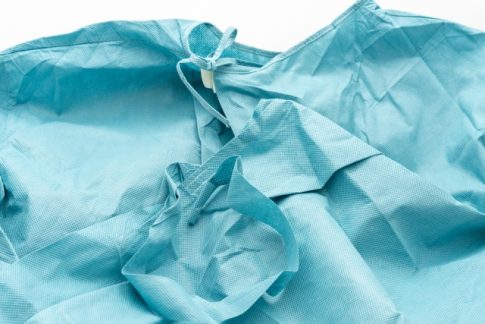この記事の概要
薄毛に悩む男性や美意識の高いアラサー女性にとって、植毛は外見を改善し、自信を取り戻すための有効な手段です。しかし、手術後の社会的活動の再開には不安を感じることも多いでしょう。この記事では、植毛手術後の社会復帰に向けたステップとポイントについて詳しく解説します。
Overview of Hair Transplant Surgery
Hair transplant surgery is a procedure in which healthy hair roots are transplanted to areas with thinning hair . There are mainly the following methods:
FUT (Follicular Unit Transplantation): A method in which a strip of skin is taken from a donor area and separated into follicular units for transplantation .
FUE (Follicular Unit Extraction): A method in which individual hair follicles are harvested directly from the donor area and transplanted into the balding area .
Initial recovery period after surgery
Post-operative care
Your scalp is very delicate after surgery. The following care will help speed up your recovery and prevent infection:
How to wash your hair: Wash your hair gently as instructed by your doctor. You can usually wash your hair 2-3 days after surgery.
Moisturize: Use a suitable moisturizing cream to prevent your scalp from drying out.
Take your medicines: Take any prescribed medications, including antibiotics and painkillers, as directed.
Rest and activity restrictions
During the first week after surgery, it is important to prioritize rest and avoid strenuous exercise and heavy work.
Adequate rest: You will need to rest and relax for a week after your surgery.
Light exercise: Light exercise such as walking is fine, but strenuous exercise should be avoided.
Steps for resuming social activities
Step 1: Prepare to return to work
When preparing to return to work, it is important to proceed in stages, taking into account your post-surgery recovery progress.
Inform your supervisor and colleagues: If necessary, inform your supervisor and colleagues about the surgery and obtain their understanding.
A phased return: Start with part-time work or remote working and gradually return to normal working hours.
Step 2: Restarting interpersonal interactions
Resuming social interactions with friends and family is an important part of reintegrating into society, so prepare yourself to interact with them confidently.
Explain your changes to your appearance: If necessary, explain your hair transplant to your friends and family and get their support.
Increased self-confidence: Get used to your new hairstyle and practice interacting with people with confidence.
Step 3: Returning to public spaces
Returning to public spaces requires preparation so you can feel confident going out.
Use a hat or cap: Use a hat or cap to protect your scalp after surgery.
UV care: When going out, use sunscreen and avoid direct sunlight.
Mental Health Care
Mental health care is also important for returning to society after surgery. By incorporating stress management and relaxation, you can maintain a balance between your mind and body.
Stress Management
Relaxation: Try relaxation techniques like meditation, yoga, and deep breathing.
Adequate Sleep: Getting good quality sleep helps your body recover.
Utilizing support systems
Counseling: If necessary, psychological counseling can help ease the emotional burden.
Support groups: Meeting with others who are experiencing the same issues can provide comfort and encouragement.
Long-term care and maintenance
Regular follow-up
Regular follow-up appointments after surgery are important to monitor your recovery and provide any necessary care.
Regular check-ups: See your doctor regularly to monitor your progress after surgery.
Detect problems early: If you notice anything unusual, consult your doctor early.
Maintaining a healthy lifestyle
A healthy lifestyle is important for maintaining long-term hair transplant success.
Balanced diet: Eat a diet rich in vitamins and minerals.
Exercise: Get regular exercise to keep yourself in shape.
Quit smoking and drink in moderation: Avoid smoking and excessive alcohol to stay healthy.
summary
Returning to work after hair transplant surgery requires planned steps and proper care. Prioritize rest and care during the initial recovery period after surgery, and gradually resume work and social interactions. Mental health care is also important, so don’t forget to manage stress and utilize your support system. Regular follow-ups and maintaining a healthy lifestyle will ensure long-term success. With the guidance of a trusted specialist, you can return to work with peace of mind and enjoy life with confidence along with your new hair.








